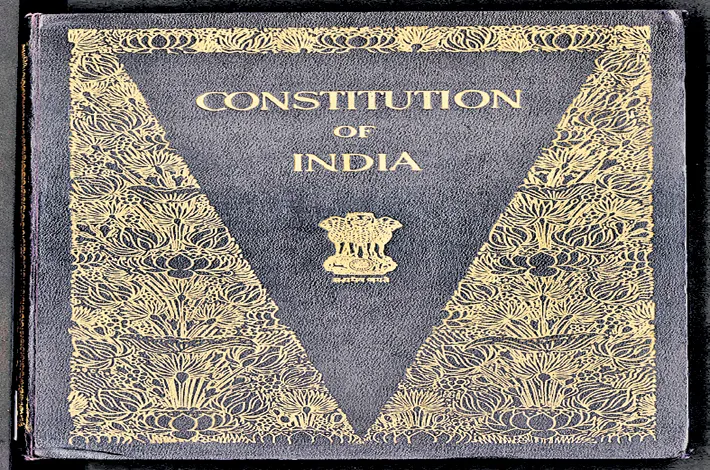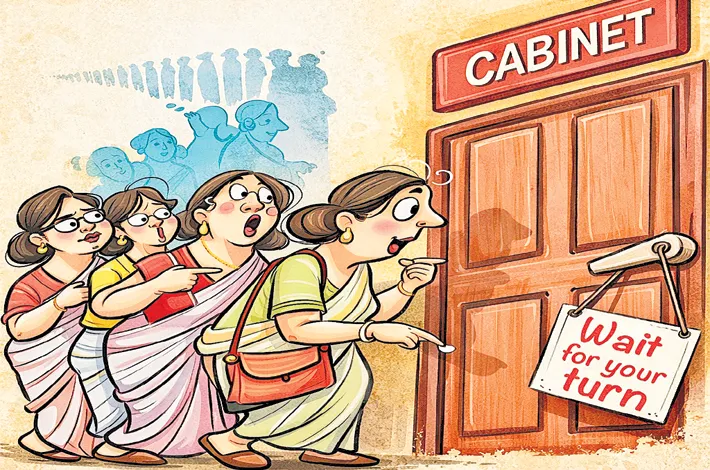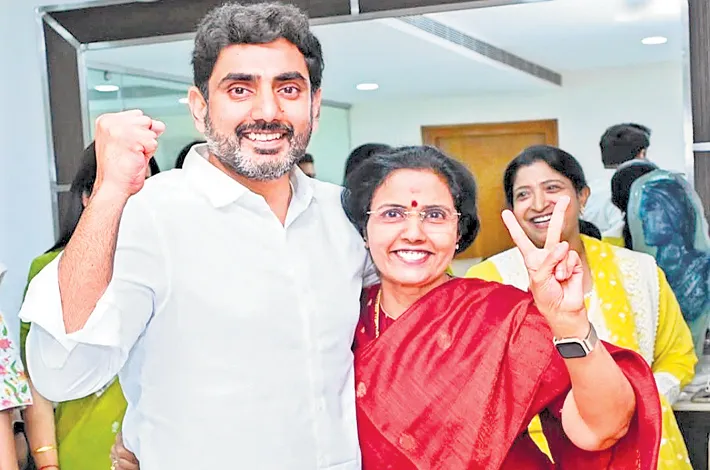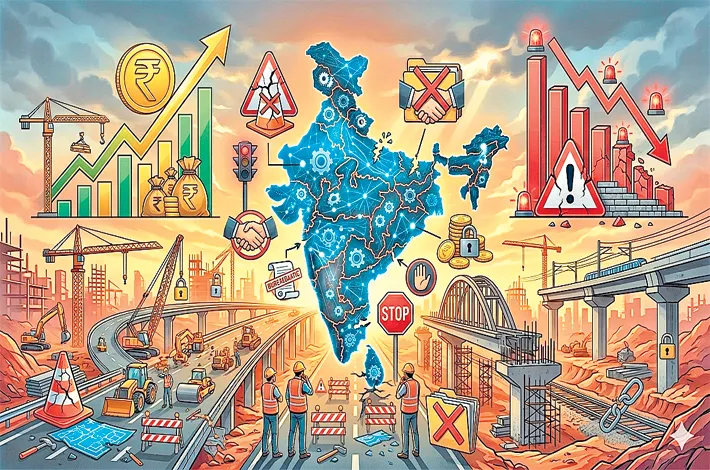Debunking the myth of ‘Samvidhan Hatya’
05-07-2025 12:00:00 AM

The phrase ‘Samvidhan Hatya Diwas’ drips with political vengeance. It is used settle scores or stir emotions. The Indian Constitution—crafted by brilliant minds, adopted to secure justice, liberty, equality, and fraternity—is not just paper. It’s a living document.
What does accusing someone of “Constitutional Murder” truly mean? Is our Constitution so weak that changes in laws or policies can kill it? Or are we reducing it to a rhetorical weapon? The term emerged during the 1975 Emergency, when liberties were suspended and dissent criminalized. It was a lived experience of constitutional assault. Now, it’s misused by opposition and fringe elements to criticize policies, diluting its seriousness.
Accusing the Constitution of murder is serious—akin to treason. Genuine “Samvidhan Hatya” involves violating the Basic Structure, subverting elections, eroding judicial independence, or amending the Constitution for personal gain. Passing laws through proper legislative processes isn’t murder, even if controversial. Opposing laws democratically isn’t “Hatya.” Every party claims to protect the Constitution while branding opponents as its killers—be it the abrogation of Article 370, farm laws, or government changes via floor tests. Overuse diminishes the term’s weight.
Is the Constitution Truly Weak?
No. It’s wounded but alive—amended over 100 times, resilient through crises, guiding India with courts, election bodies, media, and citizens. To say it’s being “murdered” is premature and pessimistic.
The Danger of the Metaphor
Normalizing “murder” delegitimizes institutions, breeds cynicism, and discourages participation. It’s a lie that repeated falsehoods become truth. Leaders claiming “Samvidhan Hatya” when losing elections mock the Constitution instead of defending it.
Selective Guardianship
Those crying “Constitutional murder” now were silent or complicit during past violations—preventive detentions, curbing press freedoms, undermining federalism, or delaying justice. The Constitution belongs to the people, not any party.
What India Needs: Constitutional Literacy
Instead of slogans, we need “Samvidhan Shiksha”—education about the Constitution. Citizens should understand its principles, limits, and their rights. Every institution and individual must see defending the Constitution as a daily responsibility.
When to Worry?
We must be alert to genuine threats: criminalizing dissent, hurried laws, delayed justice, hate speech, biased education, or undermined minority rights. Address these through civic action and legal channels.
Honoring, Not Haunting, the Constitution
Our Constitution Day should be “Samvidhan Sanrakshan Diwas”—a day to reflect and renew our commitment. Ambedkar warned us that a good Constitution is useless if those implementing it are bad. It’s a mirror reflecting us—if it’s breaking, perhaps we need to look within.
A Plea to All
True respect involves accepting electoral outcomes, opposing injustice peacefully, and reforming laws legitimately. Let’s not treat the Constitution as a corpse to mourn annually but as a living testament of our collective wisdom. Because, as the Preamble states, it’s “We, the people of India”—not partisans or protesters but citizens—the true guardians of our Constitution.
- Ch Rekha Rao








